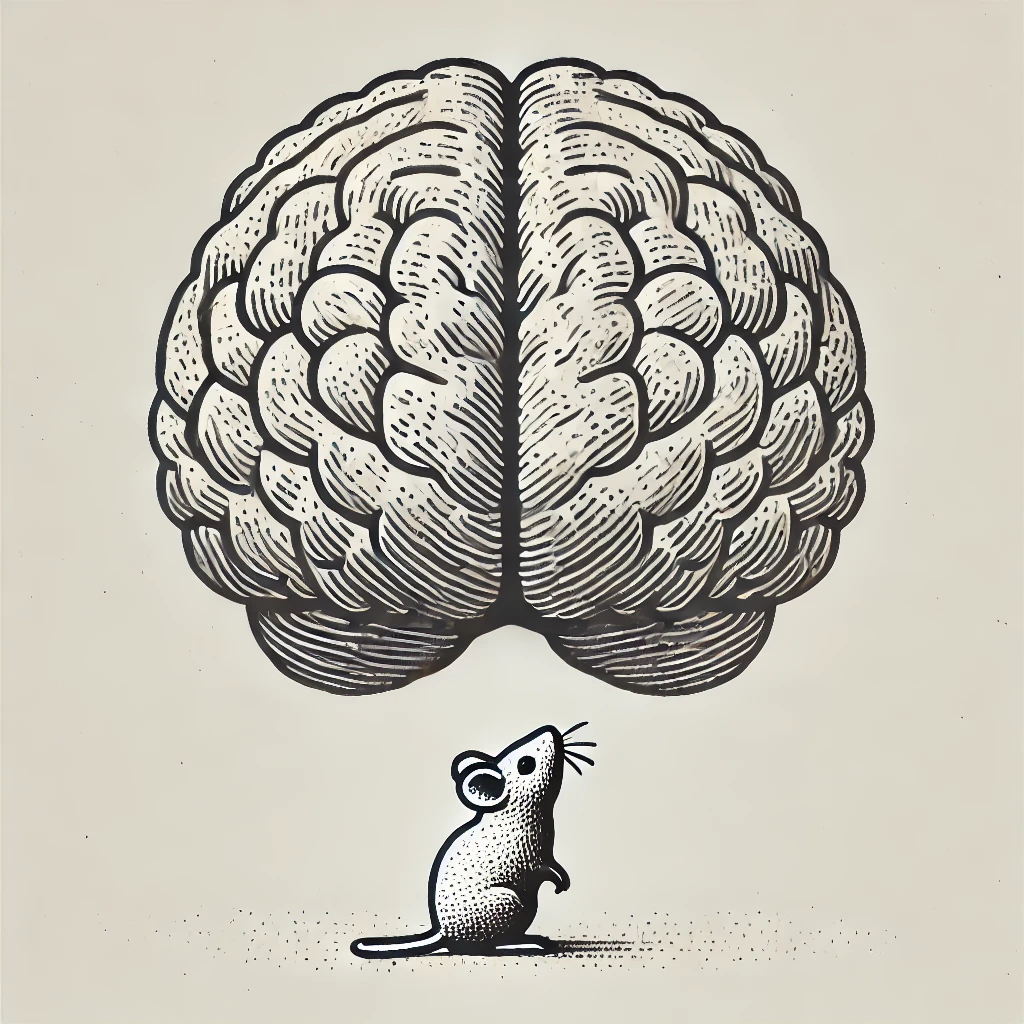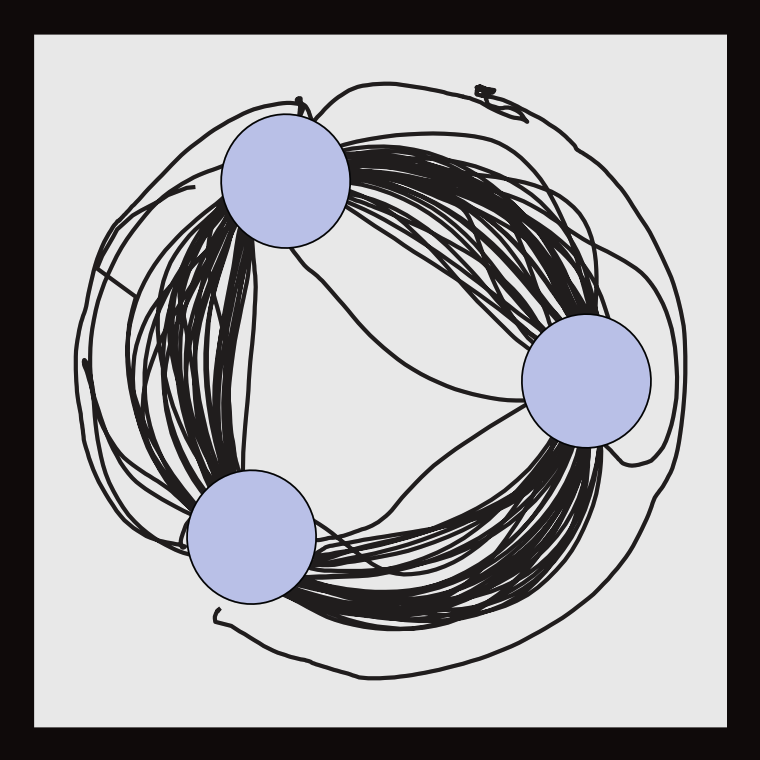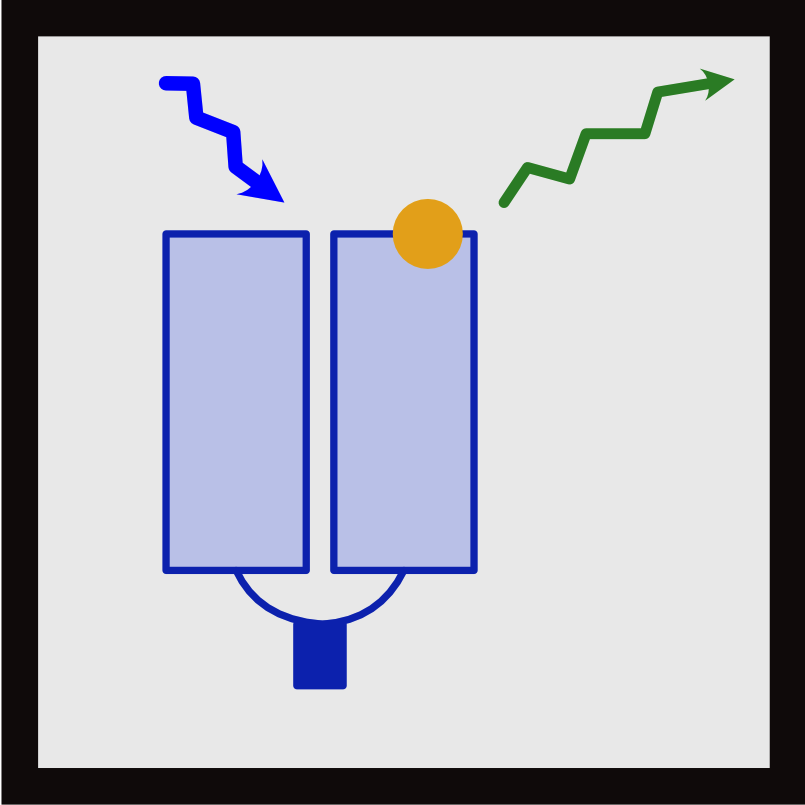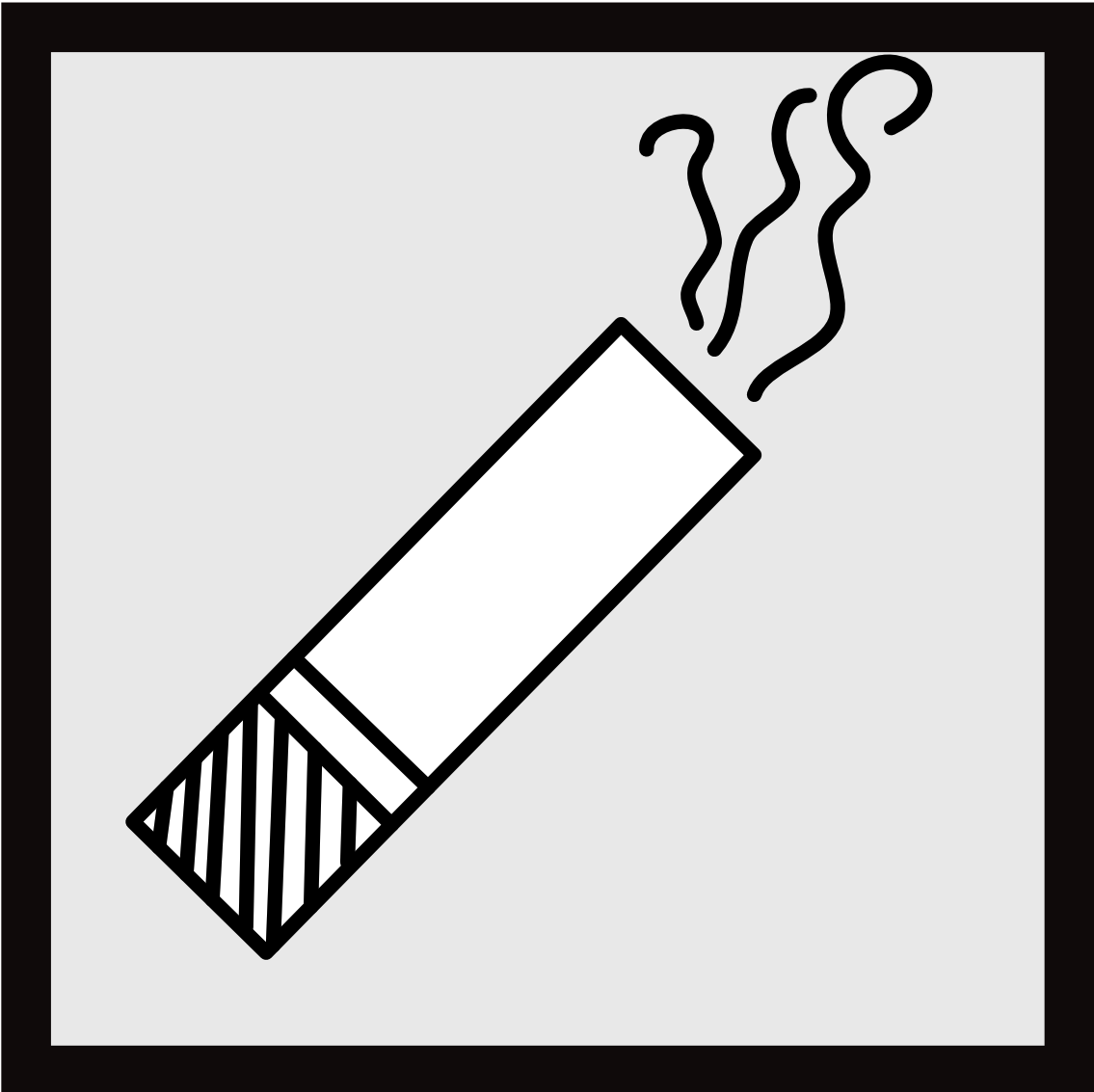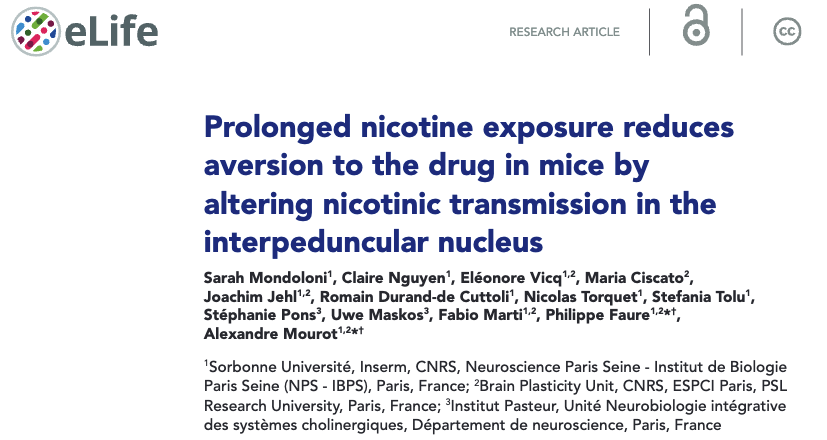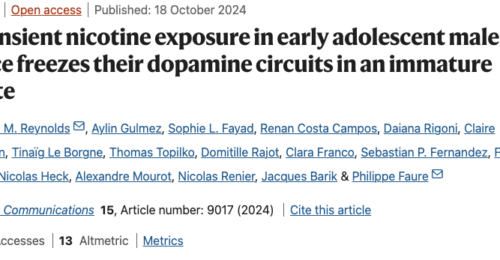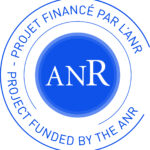Exploring the neuronal circuitry
The lab investigates the underpinning neurophysiological mechanisms of social and addicition behaviors
PI: Alexandre Mourot and Philippe Faure

Our lab
The midbrain dopamine system plays a major role in motivational control and in behavioral actions controlled by rewards, and also has a central role in the neurobiology of addiction. Our lab combines innovative behavioral approaches, ex vivo and in vivo electrophysiology, optogenetics, home-made optopharmacology tools and modeling, to study decision-making mechanisms and their alterations in psychiatric diseases, particularly nicotine addiction. We study the environmental factors that modulate the activity of these networks and the personality traits that characterize individuals, with the aim to link variability in decision-making behaviors and the development of nicotine addiction.

Our lab is now located at the ESPCI (Ecole Supérieure de Physique et Chimie Industrielle de la ville de Paris), Paris Sciences & Lettres University, in the department of Brain Plasticity (UMR 8249 CNRS).

